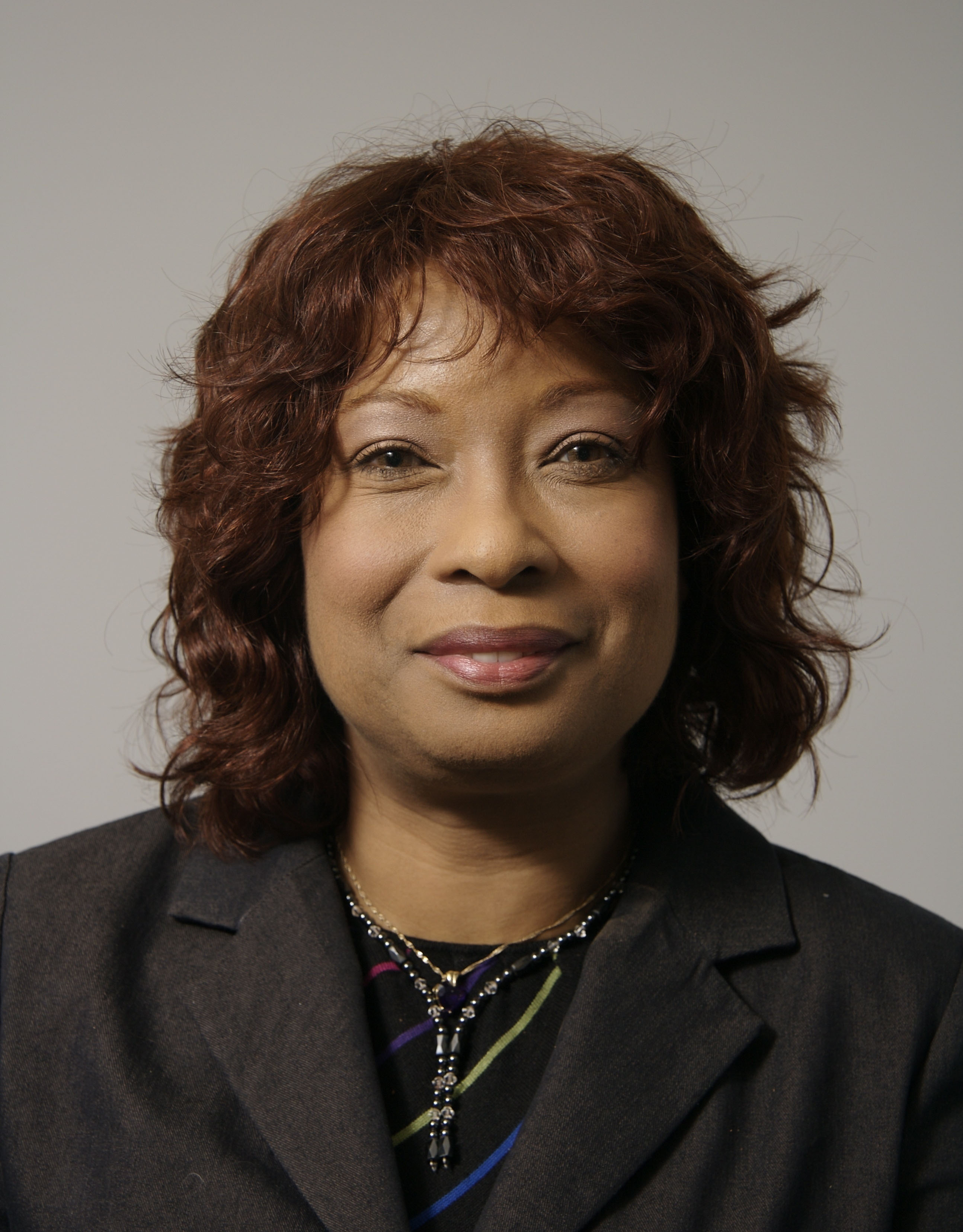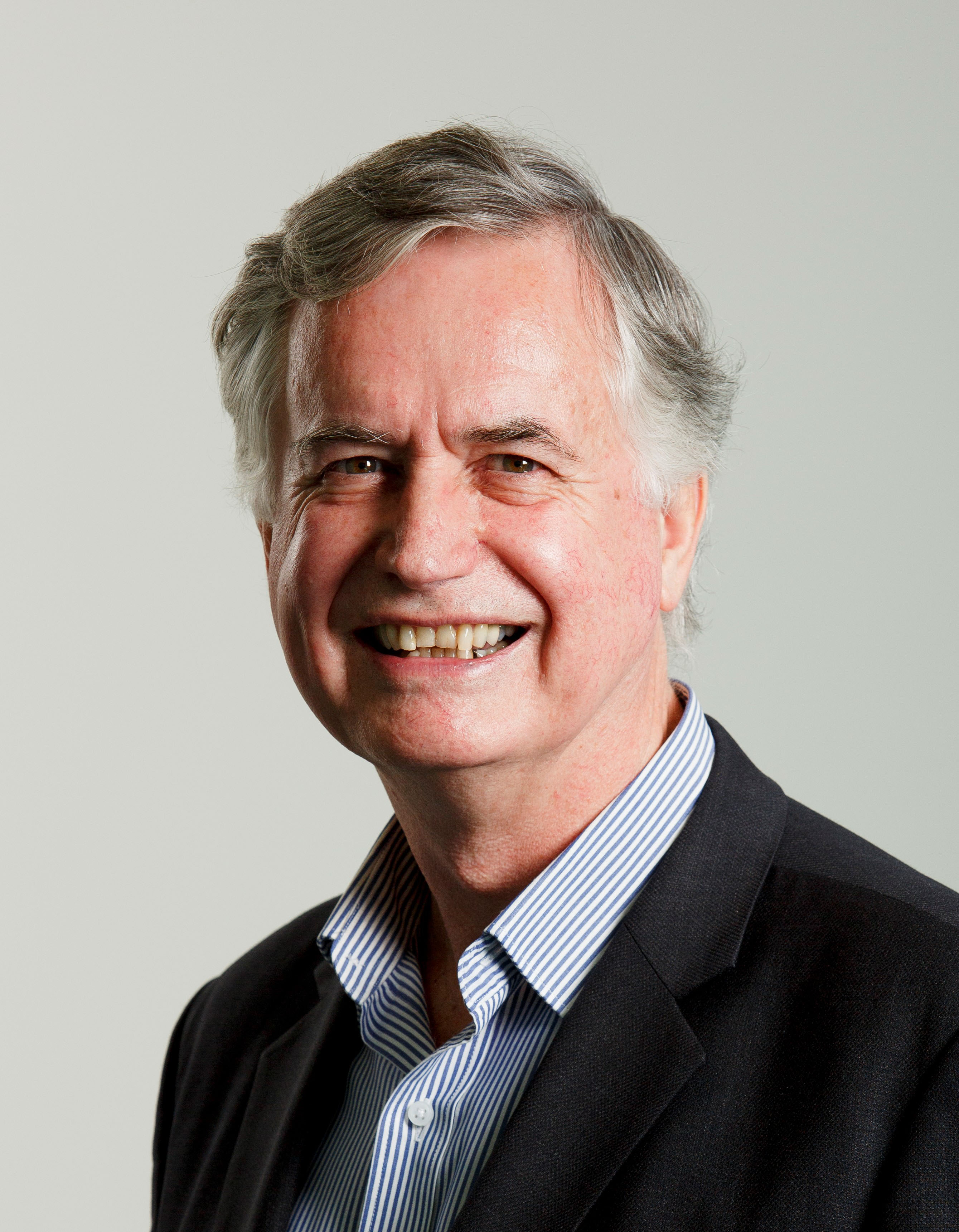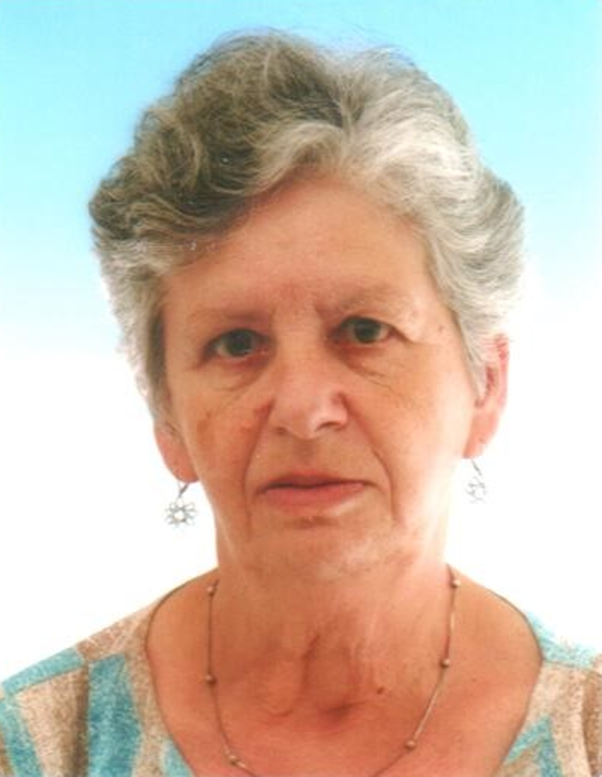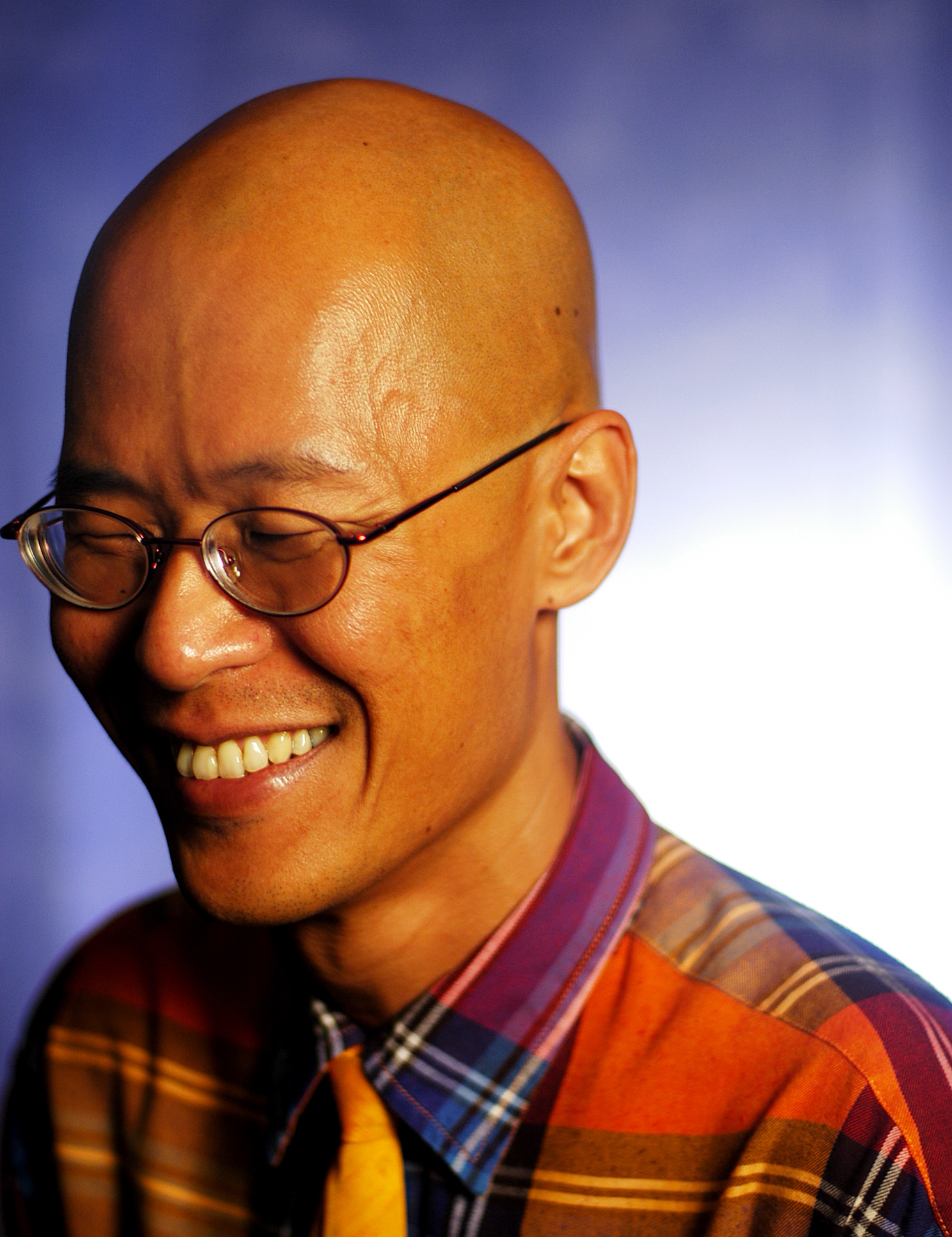
Professor Olive Chapman
University of Calgary
Canada
Mathematics teachers’ perspectives of turning points in their teaching
Studies on mathematics teacher education or professional development usually provide evidence of impact of an intervention on teachers’ knowledge, beliefs and specific aspects of their teaching. But the relationship between change in knowledge or belief and teaching is not clear cut in that significant change in the former does not guaranty significant change in the latter. Most mathematics teachers are able to make small or specific changes to their teaching while some experience significant turning points that lead to transformation of their teaching to a problem-solving-based or inquiry-based perspective. This paper examines teachers’ perspectives of significant turning points in their teaching of mathematics. This includes what the teachers consider to be critical incidents or events that influenced the turning points, the nature of the incidents/events and the impact on their thinking and actions in the classroom, the change in approach in their teaching, and the process in achieving the change. Implications for teacher education and future research will be addressed.

Professor David Clarke
University of Melbourne
Australia
Using Cross-Cultural Comparison to Interrogate the Logic of Classroom Research in Mathematics Education
Classrooms represent a globally-extensive institutionalised site for the promotion of learning. In the context of mathematics classroom learning/teaching, the interactions of the participants are shaped by conventions grounded in local culture, dictating both the pretext for their presence in the classroom and the roles they are expected to perform. Cross-cultural comparative research offers an opportunity to destabilise some of the assumptions underlying established pedagogical practices and the theories of learning implicit in these practices. Yet even these acts of comparison can prove ineffective as vehicles for transformative research, if the premises on which the comparisons are undertaken remain grounded in a single (authoring) culture. Mechanisms are required by which language, entrenched practice, restrictive organisational structures and disciplinary silos can be subjected to constructive scrutiny. I suggest that such scrutiny must be cross-cultural and undertaken collaboratively and reciprocally. In this presentation, the mathematics classroom is presented as a site through which the international mathematics education community can explore considerations of culture, language, disciplinarity, temporality and theory. Various approaches to researching the mathematics classroom serve to illustrate the affordances and limitations of our research designs and new possibilities of international collaboration are proposed to usefully interrogate and elaborate the logic of mathematics classroom research.

Professor Jarmila Novotna
Charles University
Czech Republic
Problem Solving Through Heuristic as a Way of Making All Pupils Engaged
Problem solving is generally acknowledged as one of the key features of mathematics education. The role and use of problem solving tasks vary depending on different learning situations. They are one of the indicators of whether pupils understand the concepts they are taught.
In the plenary lecture, the use of heuristic solving strategies, one of the ways of developing pupils’ creative approach to problem solving, will be discussed. The results of a three-year project, The development of a culture of solving mathematical problems in Czech schools (Czech Science Foundation project P407/12/1939) focusing on the use of heuristic strategies in problem solving will be presented and summarized. Heuristic strategies are used in Polya’s and Schoenfeld’s understanding of the concept. The theoretical background of the research is Brousseau’s Theory of Didactical Situations.
Most attention will be paid to the question of whether pupils’ use of heuristic strategies can result in improvement of pupils’ abilities to solve problems whose solving algorithms are not easily accessible for them. The use of heuristic strategies will be explored from two different perspectives: how heuristic strategies develop pupils’ understanding of mathematics when they are used and how teachers change in consequence to giving their pupils the chance to use these strategies. Attention will be paid also to the question of which strategies pupils prefer and what results they achieve while using them.

Professor Y.C. Tay
National University of Singapore
Singapore
Mathematical Thinking in Computing
Across the world, governments are pushing computer programming on younger pupils. How is a mathematical education relevant to the increasing number of students who are writing code? This lecture illustrates the relevance with some concepts (structures, functions) and habits (examples, reductions) that students pick up from the mathematics that they learn. These illustrations are drawn from language translation with vector spaces, deep learning in AlphaGo, the resources needed by any artificial intelligence, and the intractabilities and impossibilities that limit computation.